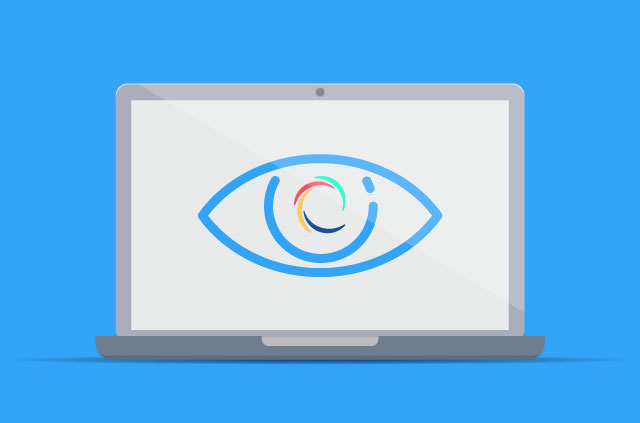It’s not a good time to be a free VPN provider. Hotspot Shield, which claims more than 500 million active users, has come under fire for allegedly violating their privacy policy—which, to be honest, isn’t that strict anyway.
The Center for Democracy & Technology (CDT), a nonprofit digital advocacy group, has a filed a lawsuit claiming the free VPN network reroutes user traffic, injects deceptive ads, and even keeps user logs.
“Hotspot Shield’s description for its iOS and Android mobile applications declares a “no logs” policy; however, its Privacy Policy, which covers and includes its Hotspot Shield services, describes more elaborate logging practices.”
Think your VPN is anonymous? Check the terms of service
According to parent company AnchorFree, Hotspot Shield keeps users safe and secure online. More than that, the service “guarantees” anonymity, a perk only a few—if any—free services offer.
“Every app and website you visit through Hotspot Shield is encrypted. Every Wi-Fi network you connect to with Hotspot Shield is protected,” reads AnchorFree’s homepage. Yet by injecting javascript codes into users’ browsers for advertorial purposes, Hotspot Shield is clearly violating these terms.
Still, AnchorFree may have a loophole in its legalese. By offering a free version and a paid version of their apps, Hotspot Shield could, in theory, allow anonymous browsing on one version while providing an unsecured free version as the other.
With the issue of privacy on more minds now than ever before, many new VPN companies are looking to cash in. With so many bogus claims and promises flooding the market, it’s becoming harder to check whether a VPN service is reputable. If you think your free VPN may be unsecure, it probably is.
Free VPNs vs. paid: what’s the difference?
When you pay for a VPN, you’re essentially paying for the bandwidth. This not only results in more stable connections, it also gives the VPN provider the opportunity to mask your network.
Then there’s the whole issue of security. Most free VPNs can only use Point-to-Point Tunneling Protocol (PPTP), which has recently been deemed to no longer be secure, leaving many users extremely vulnerable.
Paid VPNs, on the other hand, tend to offer a variety of different security protocols, with the most common being OpenVPN. This type of connection is open-source, which means it’s continuously updated. It also offers SSL encryption, which is virtually impossible to break.
When in doubt, it’s better to go with a paid service
Hotspot Shield isn’t the first free VPN to come under fire for invasive privacy practices, nor is it likely to be the last. Hola VPN, another popular free VPN service, was busted in 2015 for selling user bandwidth without people’s consent. Essentially, a person would log on and browse normally and have no idea Hola VPN uses their network as a botnet.
Sure, the app was easy to use and helped users unblock restricted sites, but is that extra bit of convenience worth putting your privacy at risk?
When it comes down to it, free VPNs are never worth it. Because the services don’t provide their own bandwidth (i.e., don’t offer their own secure servers), any user can fall victim to a whole host of potential problems. In Hola’s case, they were able to make a profit off selling their 9 million+ users to various sites. With Hotspot Shield, the case tends to go a little deeper, mainly because the service touts itself as a purveyor of privacy.
Don’t sacrifice your privacy just to save a few dollars. In the end, the risk simply isn’t worth it.


Recent Comments